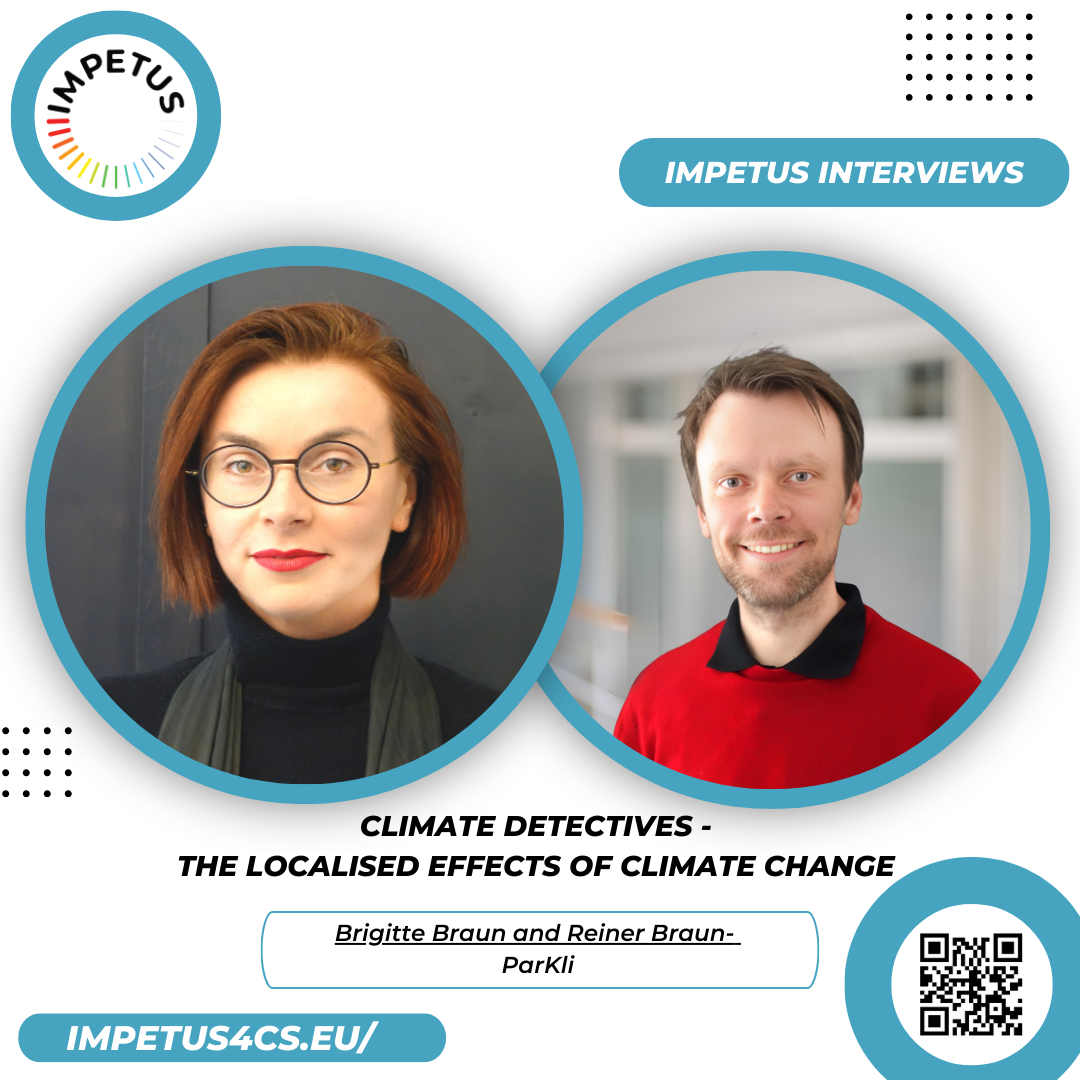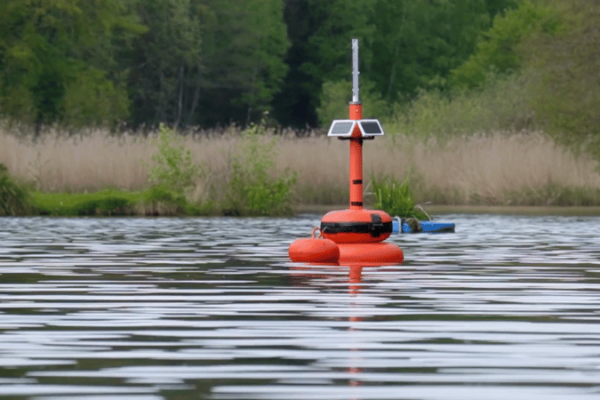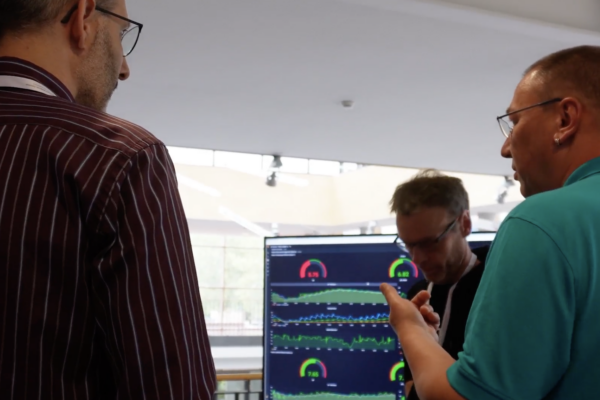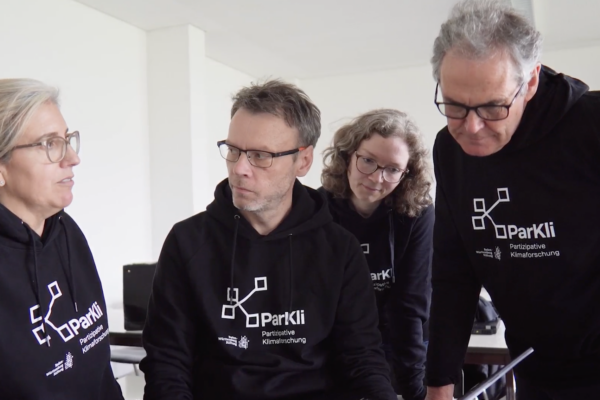The impacts of climate change on the world are becoming more apparent every year. It is hard not to hear about rising sea levels or changing weather patterns whenever you turn on the TV or your computer. However, the impacts of climate change are not just limited to global effects; raising temperatures and CO2 levels also affect local environments and green spaces.
The Parkli project is working with citizen groups in South Germany to determine the impact and consequences of climate change on natural and living spaces, focusing on water, biodiversity, soil, and urban areas.

The Parkli project utilises a number of open-source tools, such as iNaturalist, Greenspacehack, and EyeonWater, as well as developing their own online and physical tools to help their citizen scientists collect information and better understand the localised impacts of climate change. These open-source technologies also allow for other projects and communities to collect data and conduct their own investigations.
In the Parkli Project, people participate as either Climate Detectives, helping to collect data from climate sensors, or as members of their Citizen Advisory Board, who get more involved in the project, like identifying problems and needs and supporting the development of the Parkli toolbox.
Through this, the Parkli Project works with citizens to co-design, co-production, and co-evaluation aspects of the project to collect data and improve communities’ understanding of the effects of climate change in these localised areas, as well as allowing citizen scientists to develop a closer relationship with the work they are doing and the impacts that our actions are having on the world around them.
The Parkli Project received an honourable mention at the 2024 European Prize for Citizen Science, and in this IMPETUS Interview, we speak to Brigitte Braun and Reiner Braun to discuss the project in more detail, as well as some of the key impacts of their work with the Parkli Project.
Watch the full interview here:






